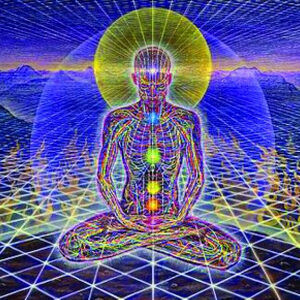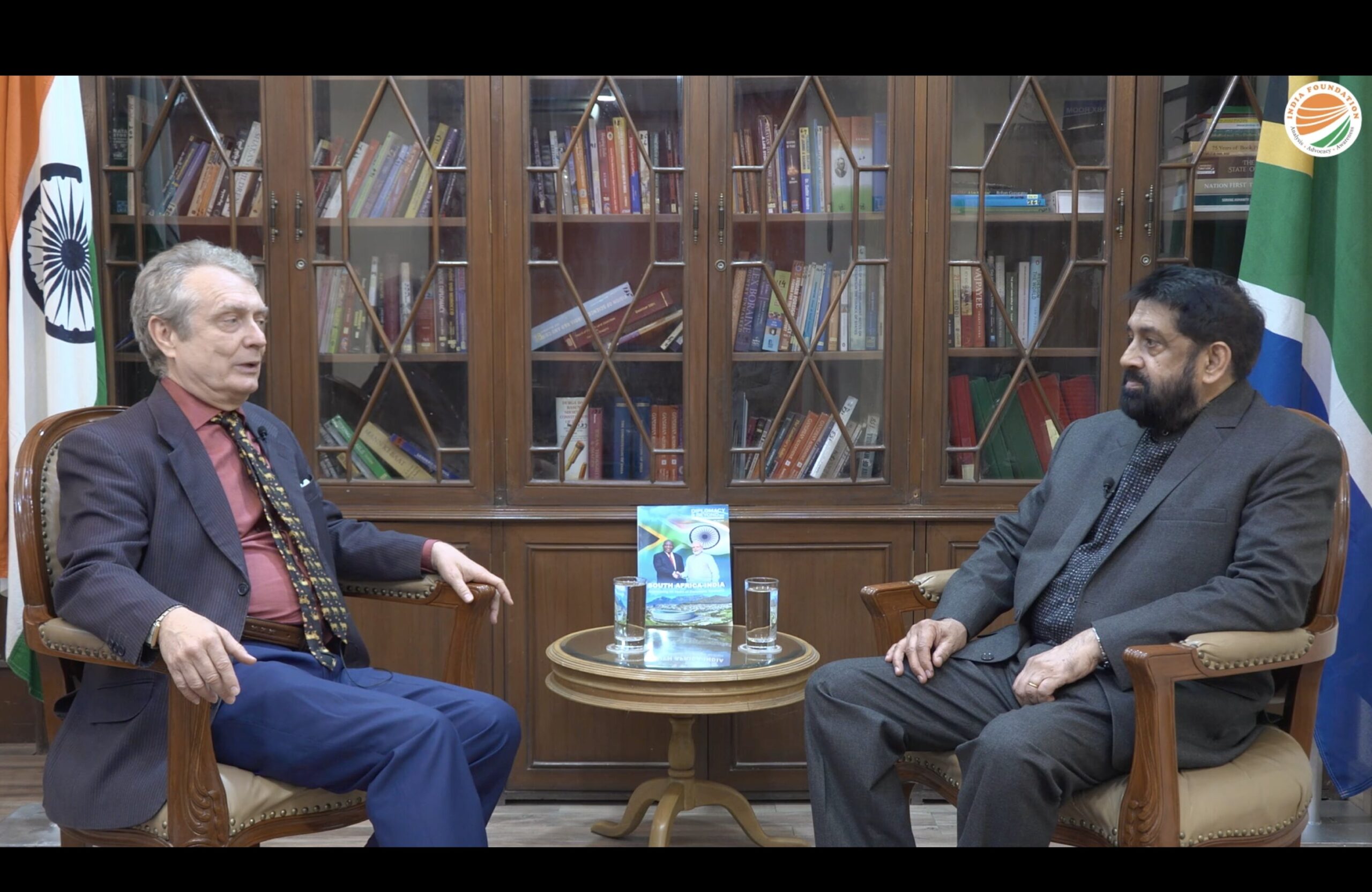In the series of thought provoking discussions and lectures, India Foundation organized a brainstorming discussion on the topic of “Decolonising the Indian Mind”. The discussion was led by Dr. Koenraad Elst, Belgian Scholar and a renowned orientalist and Dr. Makarand Paranjape, Eminent poet and Professor at Jawahar Lal Nehru University.
After the formal introduction of the guests and the topic by Shri Pradeep Ji, Dr. Elst was invited to initiate the discussion. Dr Elst observed that there is a great need to prevent colonial influence while studying history. We should focus more on what happened in the last 5000 years rather than just the 19th century. Orientalists might have been the agents of colonial projects. Their studies do not necessarily mean that they came here to know about our societies but also to interpret the society in a way that suits colonization. The Imperialists have essentially based their modus operandi in governance and administration on the pursuance of their colonial interests. After laying down the foundation for the discussion, he summed up his observations and invited comments and interjections from the audiences after the submissions of the second speakers.

 Dr Paranjape said that we should stop blaming the west for what it did and rather get ahead with our own task of researching and writing. We should also praise the western scholars for bringing us out of a defeated mindset. He said that decolonization is a negative term. Swaraj is a better term to describe the mind and perspective that we aim for. Indian nationalism is not for dominating others. It is different than other forms of nationalism. For India, it can be said that ‘In my Swaraj lies your Swaraj’. He also cautioned the audience against misunderstanding or misinterpreting the process of decolonization. If Indian decolonization is chauvinist, it will be great loss to the mankind. He also said that there are various levels at which we need decolonization. It is not just in our history textbooks or education system.
Dr Paranjape said that we should stop blaming the west for what it did and rather get ahead with our own task of researching and writing. We should also praise the western scholars for bringing us out of a defeated mindset. He said that decolonization is a negative term. Swaraj is a better term to describe the mind and perspective that we aim for. Indian nationalism is not for dominating others. It is different than other forms of nationalism. For India, it can be said that ‘In my Swaraj lies your Swaraj’. He also cautioned the audience against misunderstanding or misinterpreting the process of decolonization. If Indian decolonization is chauvinist, it will be great loss to the mankind. He also said that there are various levels at which we need decolonization. It is not just in our history textbooks or education system.
Are we decolonized spiritually? Then there are different societies for which colonization meant differently. Example, the tribal population in the North-eastern regions of the country remained unaffected from the hubris of the colonial empire. Recollecting the glorious past that India had is not sufficient. That past was brutally defeated. We have to think what was missing in the past. There was a lack of political unity. We had spiritual, cultural unity but no political concept of an Indian state. The thesis of total self-sufficiency of Indian past is not feasible and is misleading. However, throwing it away will also not suffice. We have to take up different elements from the world including our own past and make the Indian state. He ended his submissions by maintaining that there is a strong need to do some introspection of our history and the glorious past and whether is it appropriate to harp on the continuing legacy of it with no acknowledgement of the present.



 After the two presentations, the house was declared open and questions were invited from the audiences. The first question was how well is the notion of Swaraj practiced in academics? Has it
After the two presentations, the house was declared open and questions were invited from the audiences. The first question was how well is the notion of Swaraj practiced in academics? Has it
changed in the recent past? To which Dr Paranjape responded that Centers for Indian studies have shifted out of India. Scholarly editions of Indian
intellect are foreign. There is no confidence in Indian scholarship. West has bought top Indian scholars and perpetuating their dominance. It is hard to find Indian scholarship. With respect to the question on effects of colonization on Indian youth, Dr. Paranjape responded that though the youth of India maybe westernized, but they are not as colonized. They could be culturally less Indian, but are able to think more independently.
Dr. Paranjape summarized the discussion by asserting that nationalism is a wonderful concept but it is not enough. We have to be of top quality if we want to attract. We need soldiers at various levels. We cannot expect everyone to be a patriot. We have to give incentives.








